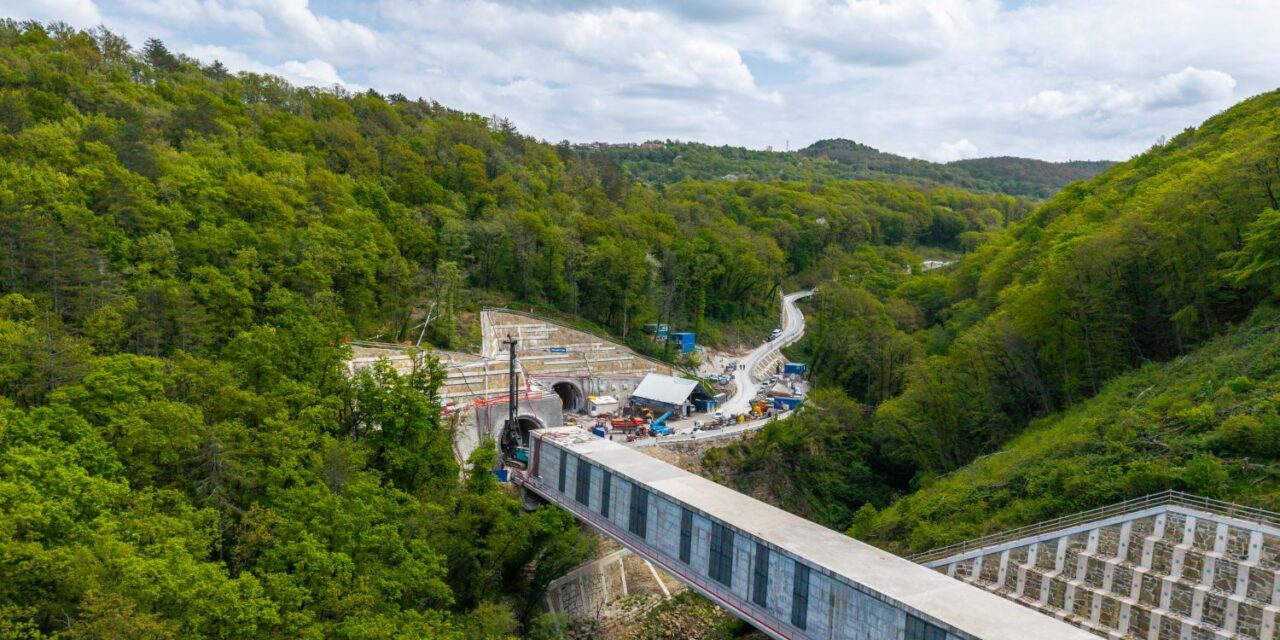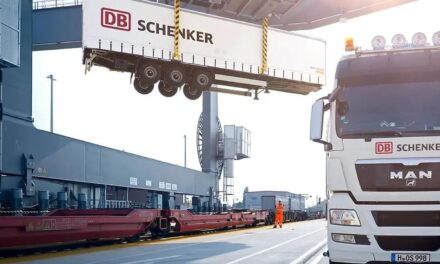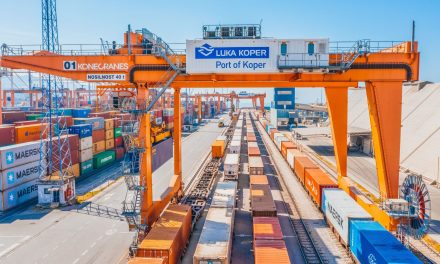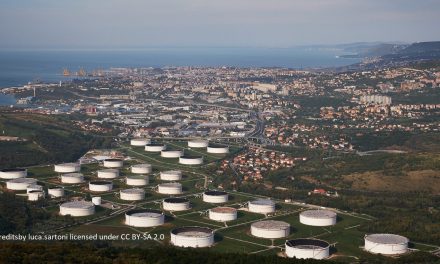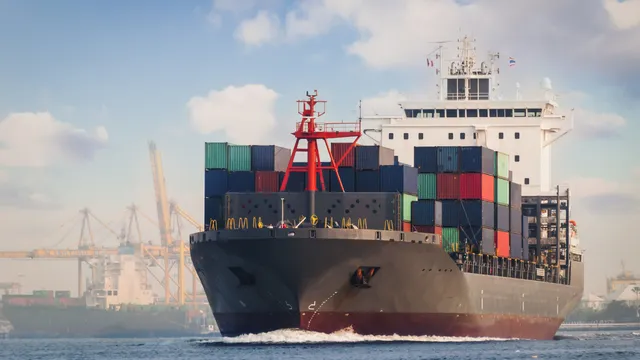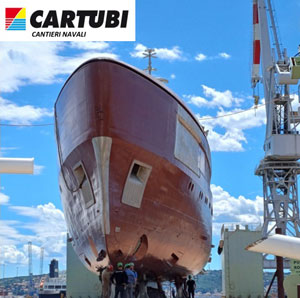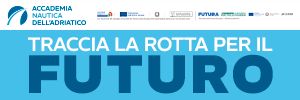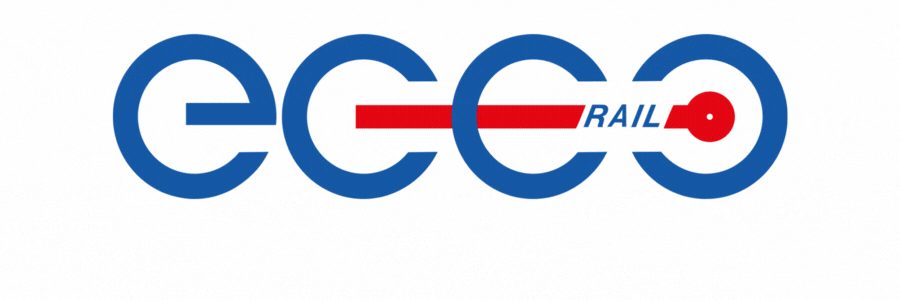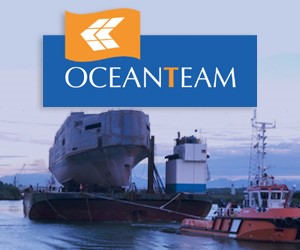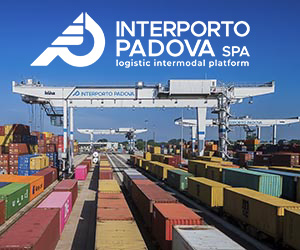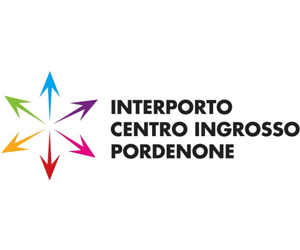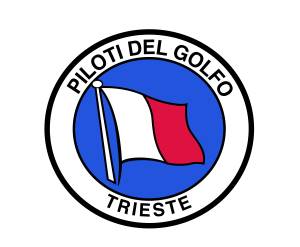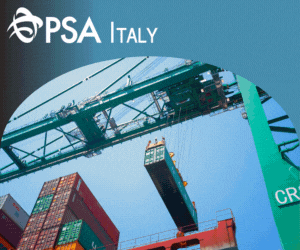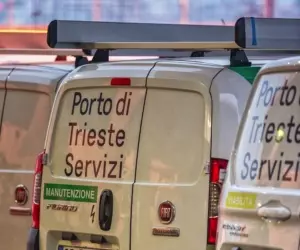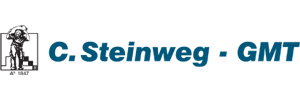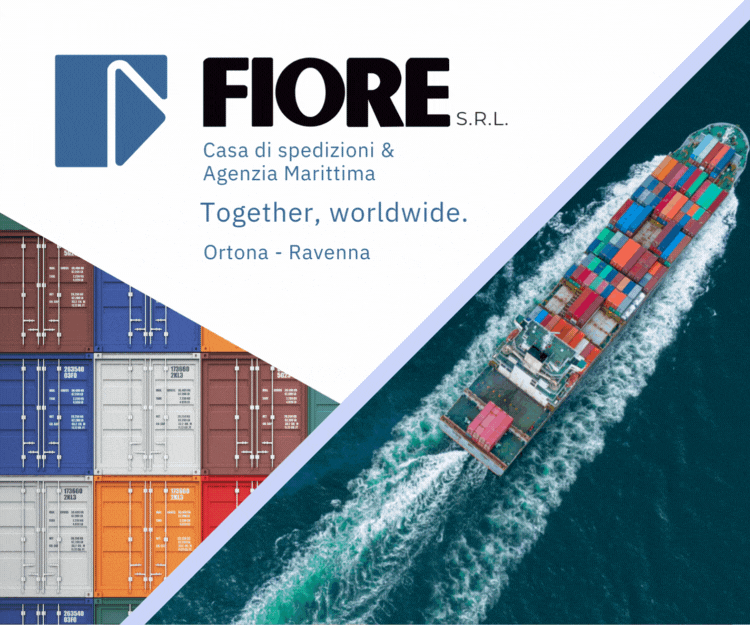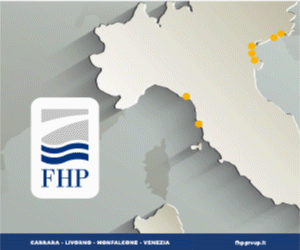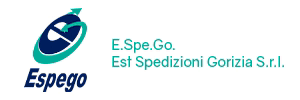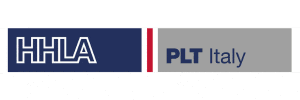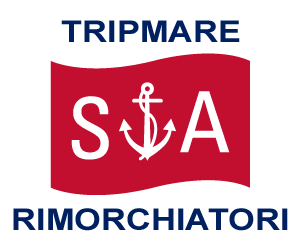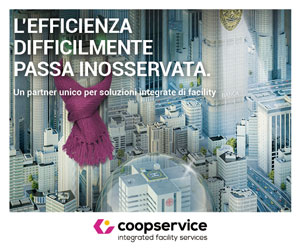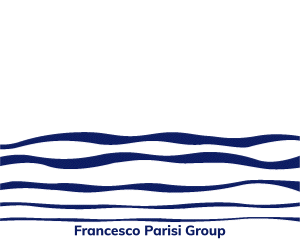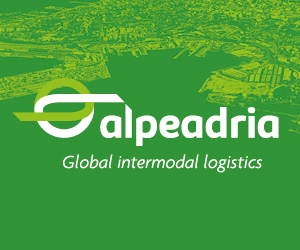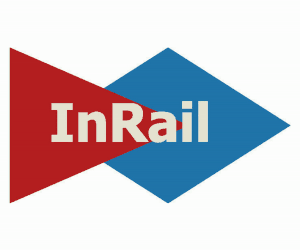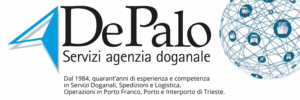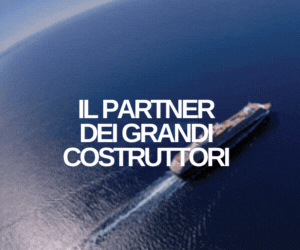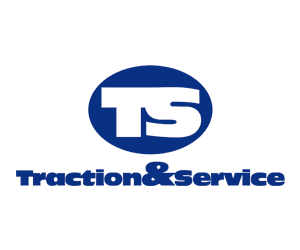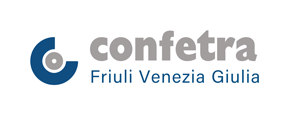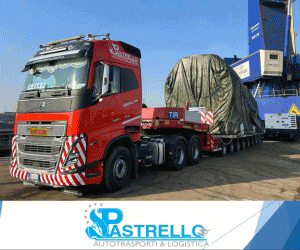TRIESTE – Poor route selection, cost overruns, and lack of cooperation in providing documentation for the new railway line between Koper and Divača
These are just some of the serious concerns raised by the “Project Council,” a panel of experts appointed by the Slovenian government before construction began, regarding the performance of state-owned company 2TDK, which oversees the project and the construction work carried out by a consortium of contractors.
The company has decided to respond publicly to the accusations, reaffirming the correctness of its conduct.
2TDK denies claims that the project is not progressing optimally or that deadlines are being missed. “The accusations that decisions on the second track project are being made in a non-transparent and uneconomical way are also misleading,” the company wrote.
It also disputes allegations that “an astronomical fee was paid for the investment program prepared by Deloitte.” While the Council claims the fee exceeded one million euros, 2TDK reports that over 27 months, €664,420 was paid—excluding VAT.
“Developing the investment program represented only a minor part of the contract with Deloitte. The firm also carried out a feasibility study for the project, a financial analysis, and provided advisory services on securing funding and negotiating with the European Commission for grants,” the company said. “Claims that preparing investment programs typically costs between €30,000 and €50,000, and that 2TDK paid over a million euros for such services, are misleading and entirely false. 2TDK has repeatedly informed PSCN members (the Project Council, ed.) of the financial costs and Deloitte’s work, making their accusations difficult to understand.”
The accusations related to increased project costs are also inaccurate, according to 2TDK, as all expenditures fall within the financial framework outlined in the investment program. The contractor’s €350 million reimbursement request has also been rejected.
Delays along the stretch between the Port of Koper and Črni Kal, on the other hand, were expected and agreed upon with contractors due to unforeseen geological and geomechanical conditions discovered during tunnel excavation.
The accusation of choosing an “outdated electric power system” was also dismissed, as 2TDK is constructing the second track in line with the building permit. Any changes would require modifications to the entire Slovenian railway infrastructure.
“Claims that PSCN members have been kept in the dark are false, as 2TDK responds to their questions monthly,” the company wrote. The PSCN receives monthly updates on project implementation, including tunnel construction (excavation, sea vault, inner vault), viaduct progress, and other structures. The reports also include financial performance across both departments.
“2TDK considers its collaboration with PSCN to be constructive, and values its feedback. Regular meetings and the Council’s civilian oversight are deemed important, and members’ suggestions and requests are treated as priorities,” the company concluded.
However, no specific response was given regarding the accusations of having selected the “wrong route.”
This criticism centers around the incursion into a protected natural habitat with complex, yet predictable geomorphology. According to the Project Council, geological and geomechanical surveys and the design of access roads were not properly sequenced. Rushed planning prevented timely geological data collection—such as slope inclinations differing significantly from forecasts—and led to a landslide that triggered further movement of the already fractured hillside.
In its latest report to the government, the Council also expressed concern over the need for interventions at the Koper port rail terminal to accommodate a sharp increase in traffic, as well as adjustments to the Slovenian network to avoid bottlenecks along the corridor toward Hungary and Eastern Europe.



